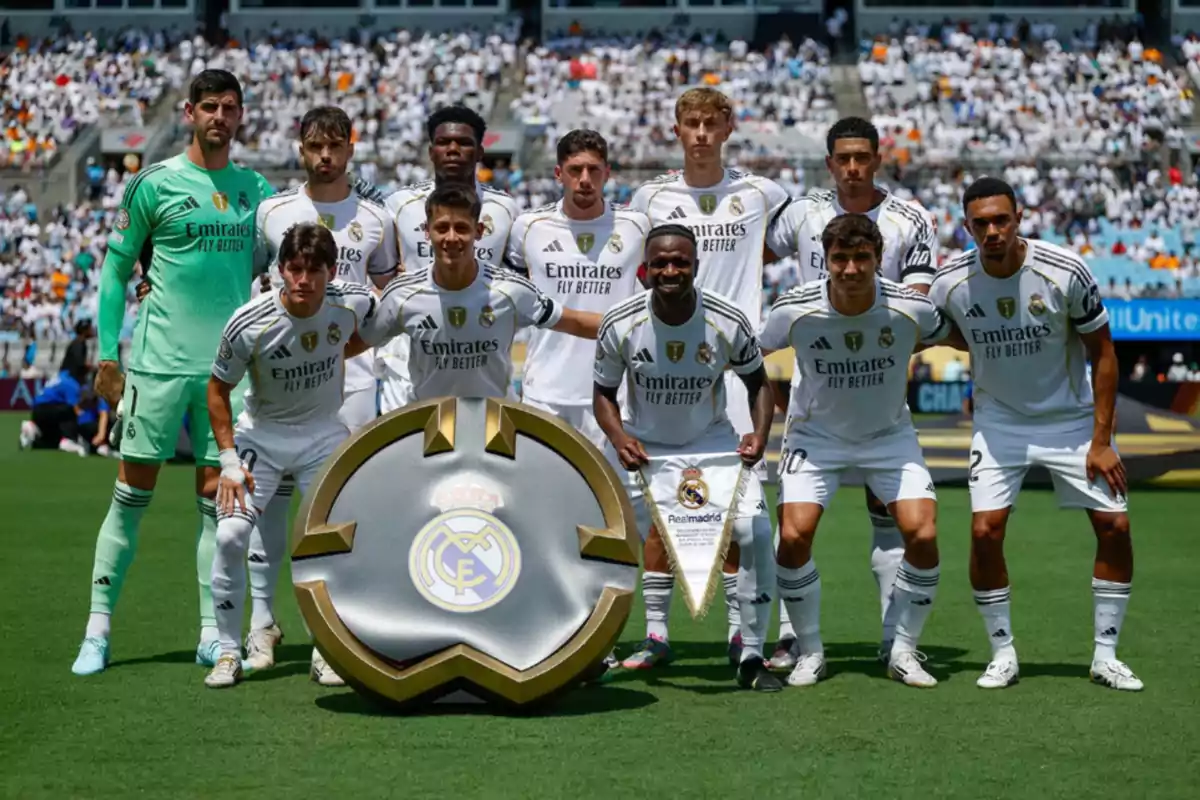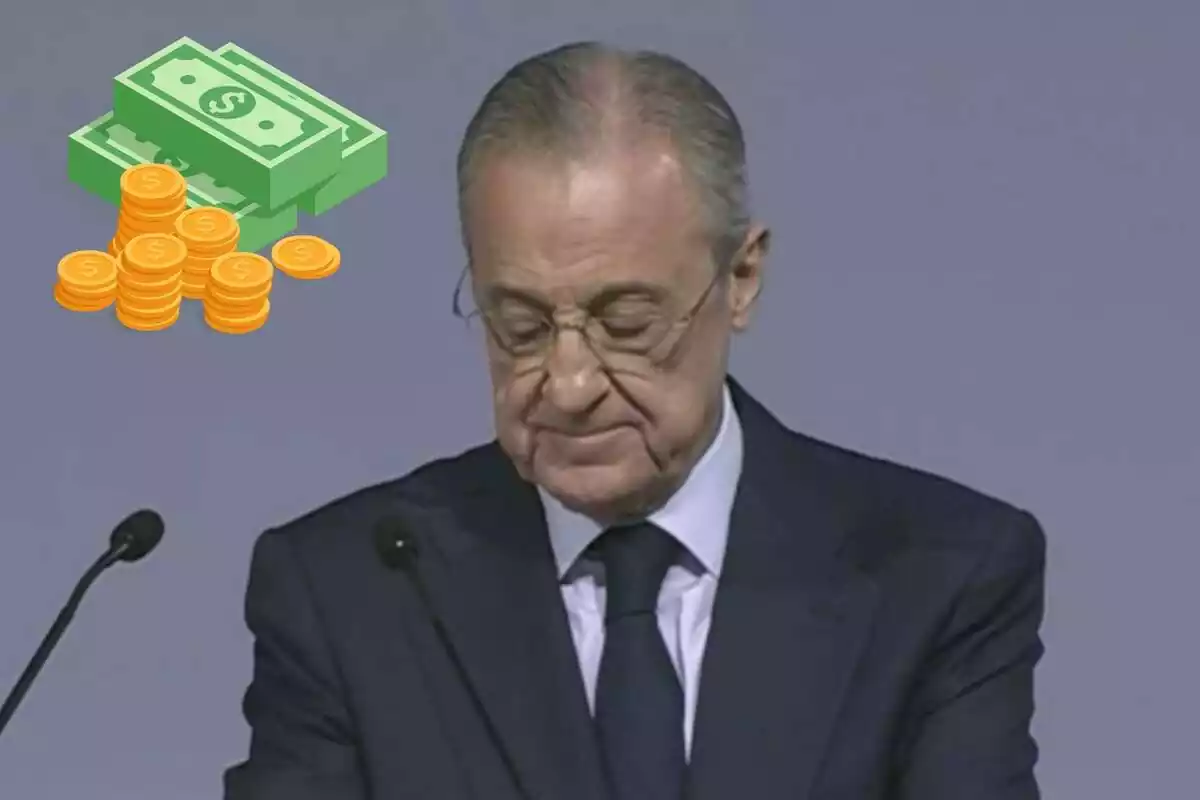When people talk about sporting success, Real Madrid is usually at the center of attention. However, this time, beyond goals and victories, the white club has once again shown their ability to profit from their participation in major international tournaments. Just hours before a new semifinal, the anticipation surrounding the economic potential of Xabi Alonso's team is at its peak, and the data reflect this: Real Madrid tops the ranking of clubs that have earned the most money in the Club World Cup, surpassing giants like PSG, Fluminense, and Chelsea, the other semifinalists.
The road to the semifinals has been marked by high-voltage matches, with stellar performances and surprises in every round. However, one fact stands out: the four semifinalists have surpassed the €50 million ($54.4 million) prize barrier. Never before in the recent history of world soccer has there been such a lucrative distribution in a club tournament, a reality that is setting a trend and forcing the big clubs to flex both their competitive and financial muscles.
Real Madrid, at the top of the prize podium
The numbers speak for themselves. Real Madrid has reached €72.89 million ($79.3 million) in prizes before playing the semifinal, a figure that sums up the magnitude of their run in the tournament. This haul is the result of a combination of factors: from the bonus for simply participating to the rewards for victories, draws, and advancing through the various knockout rounds. The white club, which started with a fixed amount close to €33 million ($35.9 million), has kept adding up thanks to their results: wins in the group stage, bonuses for advancing past the round of 16 and quarterfinals, and the juicy reward for securing a spot among the world's top four.

PSG, Madridists' rival in the semifinals, is not far behind and has reached €66.43 million ($72.3 million). The French champion has also managed to profit from every match played, although the gap with Real Madrid remains significant. Meanwhile, Fluminense, the tournament's big surprise, is in third place with €52.32 million ($56.9 million), closely followed by Chelsea, which has pocketed €50.83 million ($55.3 million).
These numbers not only highlight the tournament's financial appeal, but they also show the ability of the big clubs to maximize revenue in global competitions, a factor that is increasingly decisive in the modern management of sports entities.
Maximum anticipation before the semifinals and the grand final in New Jersey
With the two most decisive matches still to come, all eyes are on next Wednesday, when Real Madrid will face PSG for a spot in the final. The duel between Xabi Alonso and Luis Enrique promises intense emotions and, of course, more millions at stake. Each team that reaches the grand final will add another €25.8 million ($28.1 million) to their coffers. In addition, lifting the trophy will mean an extra income of €34.3 million ($37.3 million), bringing the total prize for the champion to historic levels.
If the whites win the title, the final prize balance would exceed €130 million ($141.6 million), consolidating the entity presided over by Florentino Pérez as a benchmark not only in sports, but also in economics.
Gonzalo and the new generation, key to the white club's success
On the field, Madrid has also left their mark. The emergence of Gonzalo, the tournament's big revelation with 4 goals, is the best example of the young talent that continues to break through at the white club. This mix of experience and youth has been essential to reach this stage and aspire to a new international title.
The event on Sunday the 13th at Met Life Stadium in New Jersey will crown the new world club champion. However, no matter what happens, Real Madrid has already won the financial battle, making the most of the opportunity offered by this innovative format and sending a message to world soccer: in the era of major global tournaments, Madrid remains king both on the field and in the accounts.

